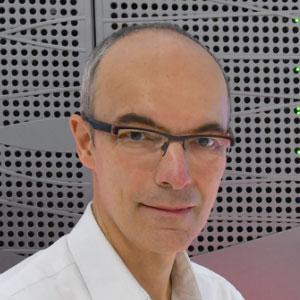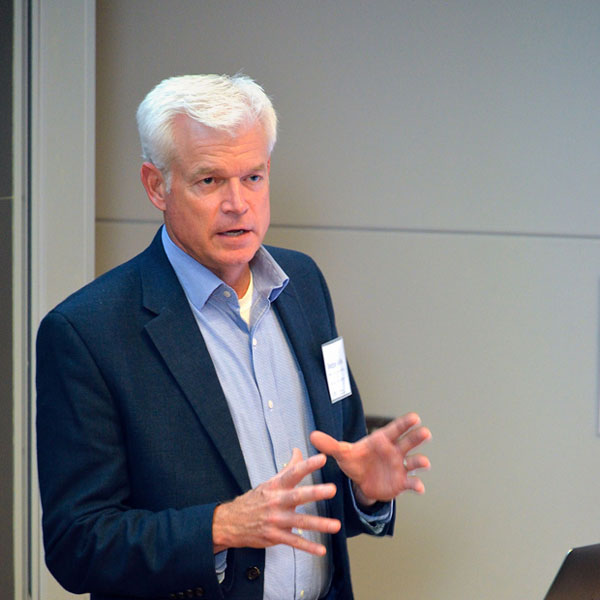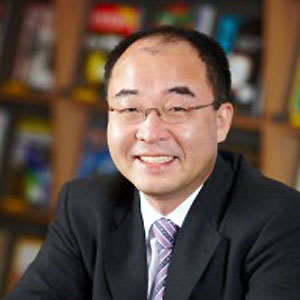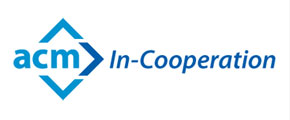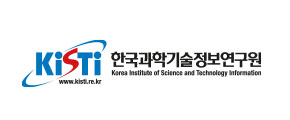HPC Asia 2021
International Conference on High Performance Computing in Asia-Pacific Region
Online ConferenceS. Korea, Jan. 20~22, 2021
Welcome to HPC Asia 2021
High performance computing is a key technology to solve large problems in science, engineering, and business by utilizing computing power which has been evolving to
the future. HPC Asia is an international conference series on HPC technologies in Asia Pacific region to exchange ideas, research results and case studies related to all
issues of high performance computing and related technologies.
Recently, it was held in T, in Guangzhou, China (2019) and in Fukuoka, Japan (2020). Then, the next conference, HPC Asia 2021, Will be held online with pre-recorded presentations, S. Korea(2021).
Keynote
-
Day 1
Wed. Jan 20th
1/20 - 14:00 (Seoul), 6:00 (Brussels),
1/19 - 21:00 (US PST), 23:00 (US CST) -
Day 2
Wed. Jan 21st
1/21 - 8:00 (Seoul), 0:00 (Brussels),
1/20 - 15:00 (US PST), 17:00 (US CST) -
Day 2
Thu. Jan 21st
1/21 - 13:00 (Seoul), 5:00 (Brussels),
1/20 - 20:00 (US PST), 22:00 (US CST)
Important Dates
-
Abstract submission due
August 7, 2020 (Extended)
September 15, 2020 -
Paper submission due
August 14, 2020 (Extended)
September 15, 2020 -
Workshop proposal due
August 14, 2020
-
Notification of Workshop selection
September 1, 2020
-
Notification of Paper acceptance
October 24, 2020
-
Camera-ready paper due
December 1, 2020
-
Conference
January 20-22, 2021 (Post session : January 21 afternoon in the current program plan)
-
Workshop
January 22, 2021
